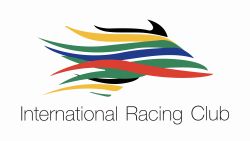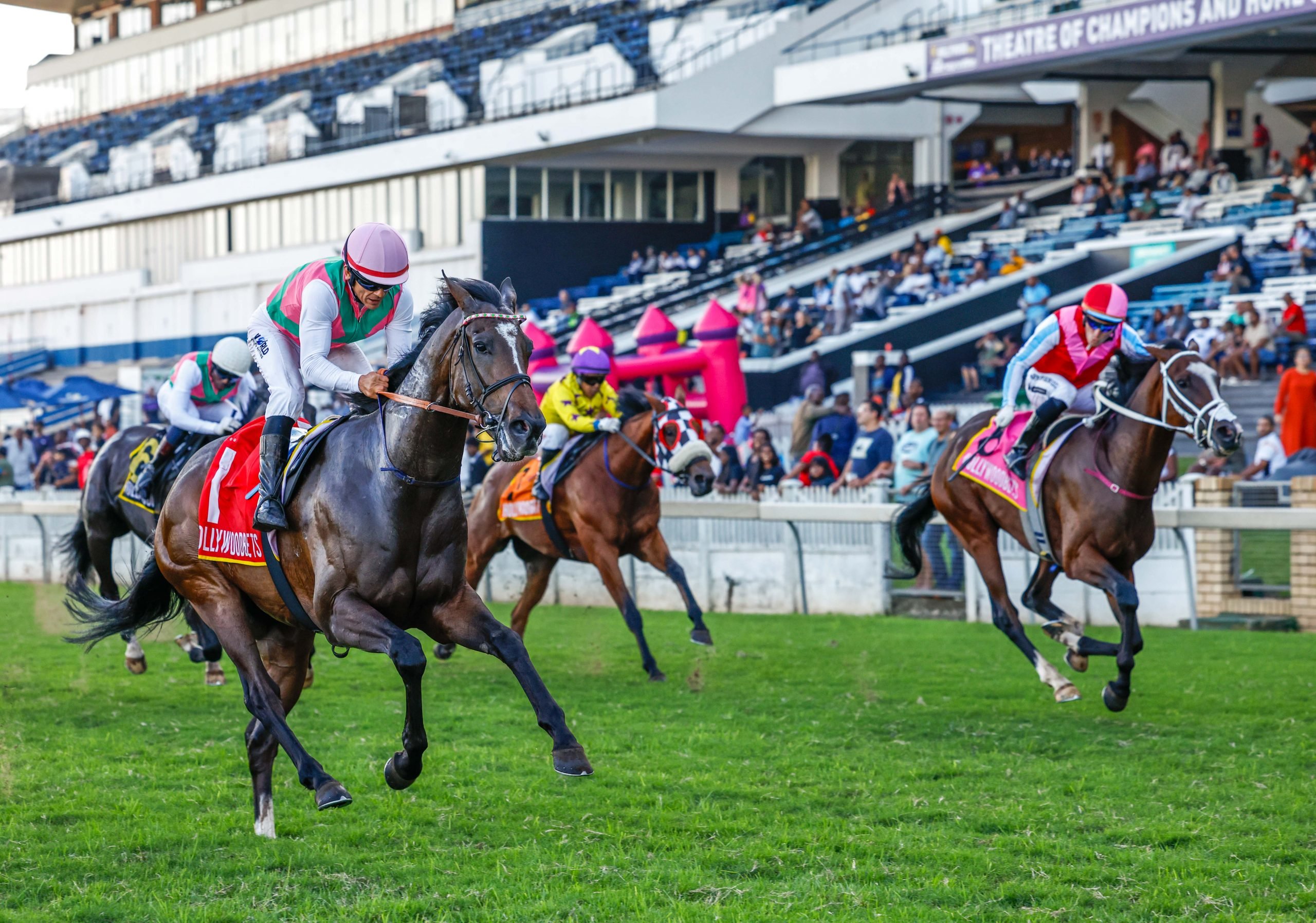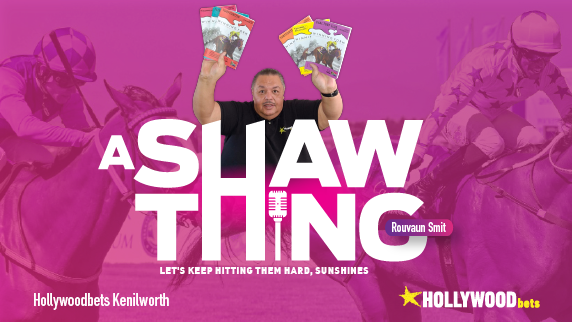A Racing Post Headline last week read, “One-Year ban for Near Kettering owners over lay bets placed against their horses”, which got my attention as the headline alone carried the hint that someone had benefited from the outcome of a race in a dishonest way, writes Joao Da Mata for the International Racing Club.
Here, however, is a case in which nothing dishonest happened, but a guilty ruling was given against the accused and a stiff penalty was imposed.

YOU MAY NOT COVER YOUR BETS!: There is a line between policing racing and harming it.
As it turns out, Rob Drye and Helen Webster profited by around £200,000 when Near Kettering won at Thirsk and Sedgefield in the space of a fortnight in August 2019.
As a part of their betting strategy they also placed dozens of bets against their horse, with the twin aims of shoring up his pre-race odds and then mitigating their losses if he was to be narrowly beaten. They fully expected him to win the race.
Drye accepted responsibility for devising and directing what he believed was an efficient strategy, making much use of a Betfair account in the name of Webster, his partner. After six hours, a BHA disciplinary board found them guilty and banned them from racing for a full year.
Drye said: “I have always assumed the rules around the laying of horses were to stop the corrupt element of the sport. I just simply did not associate what we were doing with anything corrupt and therefore did not imagine we would fall foul of the rules.”

The BHA argued that, while Drye and Webster ‘did not act dishonestly’, the allowing of owners to manipulate the market and to escape with anything other than lengthy disqualifications would send a message that this sport is ripe for corruption and the regulator is not disturbed by this.
Hang on. They “did not act dishonestly”, yet they are publicly humiliated and suspended?
The problem we have is that whole racing world has gone ‘vanilla’ – bland and boring. On TV, racing presenters would rather offer us their opinion on a hat worn by a celebrity attending the races as opposed to telling us to have a bet “because I really fancy this”.
Betting, one of the traditional pillars of the sport, is frowned upon and regarded, from the offset, as an activity that corrupts. Horse racing / betting and television don’t go hand in hand, and anything to do with ‘betting strategy’ is considered dishonest. In these woke, vanilla times, authorities seem to have a pressing need to prove how their policing of betting activities make racing better (and more ‘honest’) for all.
I just don’t get it. Let’s say you really, really fancied a horse to win a race, but like most of us sometimes bad luck kicks in. So you stand to win £100k and you decide that you are going to “lay some back in running” at reduced odds, leaving your upside on the win but covering your stake and perhaps turning both sides green. Yep, a pretty bog-standard betting strategy for millions of Exchange users. Unless, of course, you happen to be a racehorse owner.
What!? As an owner I am NOT allowed to cover my stake? Let’s be clear, this is NOT an owner LAYING his horse because he KNOWS it’s no-good and can’t win. He is laying it BACK because he stands to win chunks of money and, should it trade lower and perhaps get beaten, he has covered his stake. Like a stock broker hedging his investments.
Pathetic, I say!
Right now, more than ever, the sport of racing needs three things: Owners, bettors, and owners who are bettors!
Owners that bet are vital for the game. They are the fabric of the game. You get involved in a horse, you watch it develop, you excitedly follow it’s every move until it gets to the track. And then you have a bet on it!
The Near Kettering owners WON over £200k in the mentioned race. So what if they covered their stake? It makes sense. They had a right to cover it, like other bettors have the right to do so. The mere separation of owners from normal bettors in cases like these, suggests that the BHA regards trainers and owners as inherently dishonest individuals who spend their time lining up dishonest activities to profit from!
Of the £200k won, I’ll put my head on a block that a good proportion of it flowed back into racing, vs those that profit from our sport and never put anything back. For me this was a poor decision by the BHA and one that only floats in 2021.
Betting again on my mind with the legendary punter and trainer Barney Curley, who died this weekend, aged 81. What can I say about the man that has not been said? He made the bookies run for cover. Barney set up betting opportunities that in turn funded his stable and dare I say his beloved charity as well as funding horse racing. He helped literally thousands of children in need. What’s wrong with that? Do you really care that Barney took 33/1 and you only got 12/1 when you saw the money coming for it? I don’t. All I want to know is whether a horse is EXPECTED to win and with Barney you always knew.

Why are the powers that be so anti-betting? I can’t work it out. Surely if someone stands to win £200k they are serious people.
Surely, they are entitled to cover their investments. Or would the powers prefer they hide potential big winners for a year, place them with different trainers and pull off a Barney Curley? Barney’s greatest coup revolved around ‘blocking’ the only phone on the race course to ensure that betting moves on course stayed on course and the returned SP was higher. The poor owners of Near Kettering simply took out insurance on their bet.
Like I said, racing has become very ‘vanilla’ and characters like Barney are dwindling. RIP Barney, you will be sorely missed.








